Publications

C4DT Conference: Anticipating the Agentic Era: Assessing the Disruptions by AI Agents
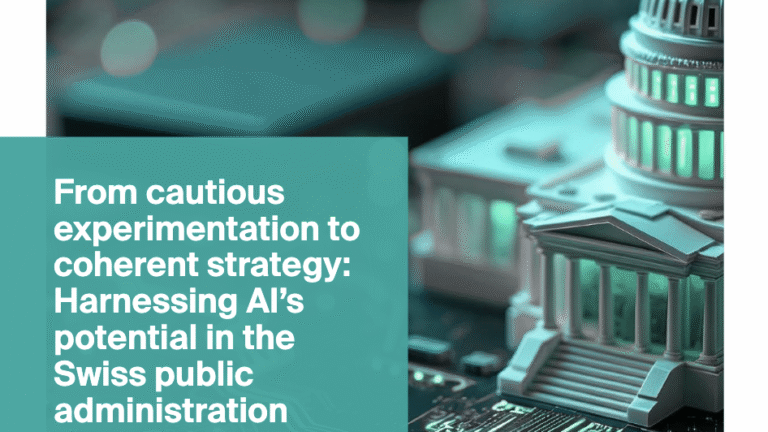
C4DT Insight #5: From cautious experimentation to coherent strategy: Harnessing AI’s potential in the Swiss public administration
This white paper examines the adoption of artificial intelligence (AI) in Swiss public administration and provides recommendations for its responsible, trustworthy and effective use. Drawing on original research as well as Swiss and international studies, it outlines motivations and potential use cases and examines applications in sensitive domains such as…
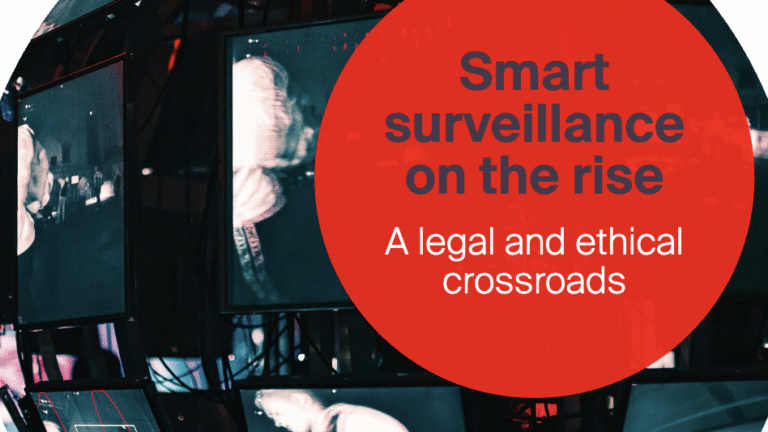
C4DT FOCUS 9 Smart surveillance on the rise: A legal and ethical crossroads
From supermarket checkouts to Olympic stadiums, smart surveillance technologies are spreading rapidly, raising new questions about privacy, trust, and oversight. How should societies balance the benefits of AI-powered cameras with the risks of bias, misuse, and erosion of democratic freedoms? And how will the upcoming European AI Act reshape the…
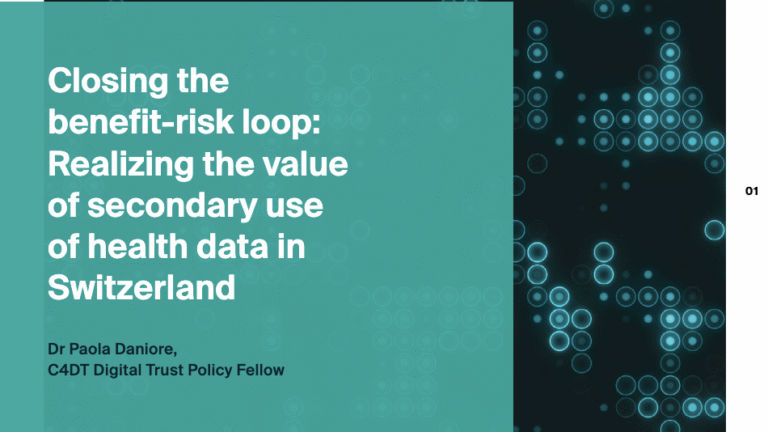
C4DT Insight #4: Closing the benefit-risk loop: Realising the value of secondary use of health data in Switzerland
The latest C4DT Insight, written by Dr. Paola Daniore, is out! In this issue paper, she outlines the urgent need to foster the secondary use of health data as a strategic priority for Switzerland’s health and innovation ecosystem.
Recap of the eID Privacy Hands-on Workshop
The Center for Digital Trust hosted a successful workshop on Privacy-Preserving eID last week. We welcomed 14 participants from seven partner organizations including Be-Ys, ELCA, FOITT, Kudelski, SICPA, Swiss Post/SwissSign, and Swisscom. The day-long event combined theoretical foundations with hands-on technical demonstrations. Our focus centered on swiyu, Switzerland’s proposed eID…
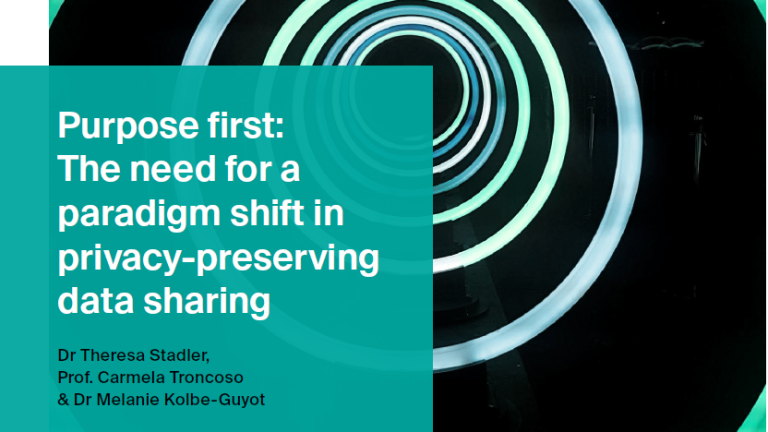
C4DT Insight #3: Purpose first: The need for a paradigm shift in privacy-preserving data sharing
In this paper, the authors highlight the crucial trade-off between privacy and utility in data sharing and call for a shift from technology-centric solutions to purpose-driven policies. The paper formulates eight actionable recommendations to guide realistic, privacy-preserving data-sharing practices in Europe.
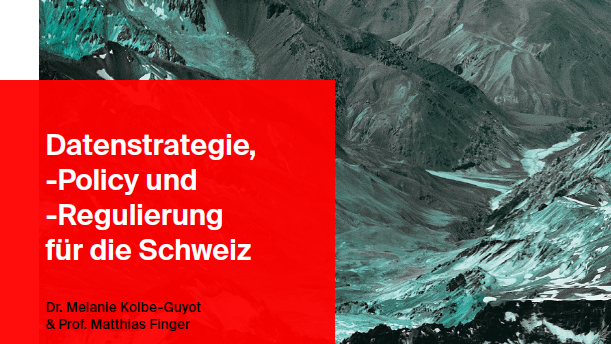
C4DT Insight #2: Datenstrategie,-Policy und -Regulierung für die Schweiz
In diesem Paper diskutieren Melanie Kolbe-Guyot und Matthias Finger die Notwendigkeit einer umfassenden Datenpolitik für die Schweiz, um das Potenzial von Daten durch klare Regeln und Anreize zu nutzen und die Wettbewerbsfähigkeit langfristig zu sichern. Es formuliert 6 Handlungsempfehlungen für die Politik.
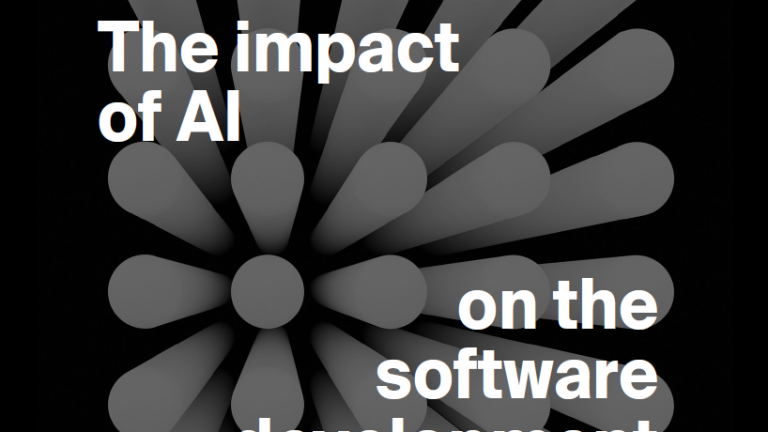
Observer 15 The Impact of AI on the Software Development Life Cycle

Matrix at EPFL
Matrix is a widely used open source chat platform. It is an alternative to platforms such as Slack and MSTeams. In line with C4DT’s objective to promote services in the realm of digital trust, we set up our own Matrix instance and migrated our professional communications there in 2019. A…
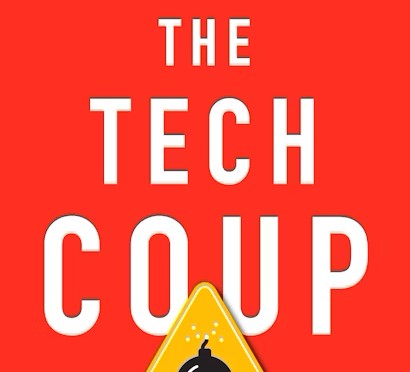
Book Review: The Tech Coup – How to Save Democracy from Silicon Valley (2024)
Schaake, Marietje (2024). The Tech Coup – How to Save Democracy from Silicon Valley. Princeton University Press, 336 pages. By Melanie Kolbe-Guyot It is safe to say that probably no other book should more be on your reading list this year than Marietje Schaake’s 2024 “The Tech Coup – How to…
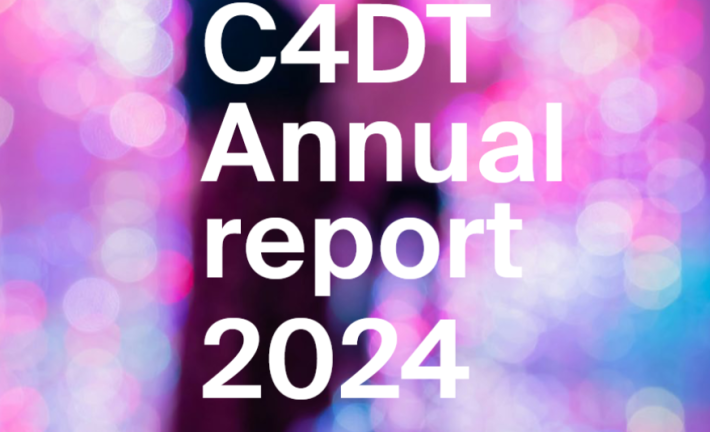
2024 Annual Report – C4DT

Book Review: “The Ethics of Privacy and Surveillance” by Carissa Véliz, Oxford University Press – 256 pages
The Ethics of Privacy and Surveillance by Carissa Véliz, Oxford University Press – 256 pages by Hector Garcia Morales “Privacy matters because it shields us from possible abuses of power”. Such a strong statement opens the introduction of the book, setting the grounds for the following pages. The thesis is…
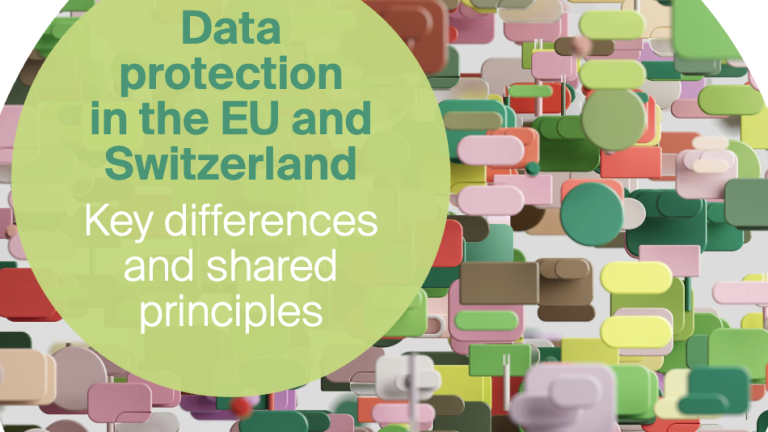
C4DT FOCUS 8 Data Protection in the EU and Switzerland
Nearly seven years after the entry into force of the General Data Protection Regulation (GDPR) in Europe, what impact has it had on data protection? What are the main legislative differences between the European Union and Switzerland? And how will the situation evolve as the rise of generative AI in…

Get a PET for X-Mas
Privacy Enhancing Technologies, or PETs for short, is an umbrella term for a wide range of technologies and tools designed to protect our privacy online. You may not realize it, but you probably already use PETs on a daily basis. Some common examples [1] include HTTPS, securing connections between you…
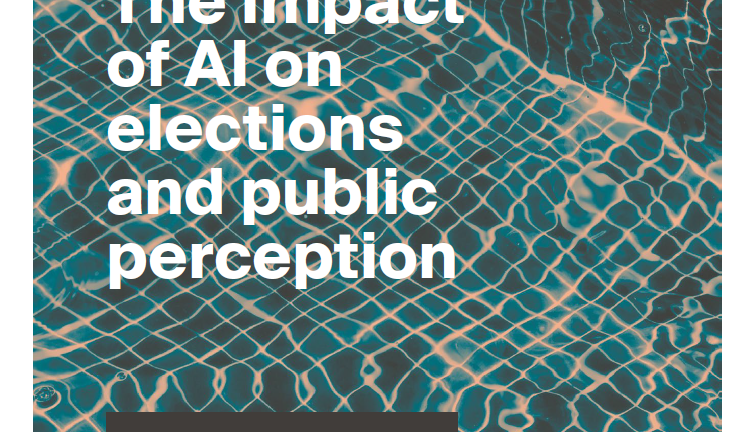
Observer 14 The Impact of AI on Elections and Public Perception

E-ID hands-on Workshop
We’re thrilled to share the success of our recent hands-on workshop on crafting more privacy-preserving E-IDs! In the morning, Imad Aad from C4DT set the stage with an insightful overview of the importance of E-IDs and the essentials for ensuring their effectiveness. The afternoon sessions, led by Linus Gasser and Ahmed…

Curtain Call for our Demonstrators: A Summary
One of our jobs at the C4DT Factory is to work on promising projects from our affiliated labs. This helps the faculties translate their research into formats accessible to different audiences. For a newly on-boarded project, we evaluate its current state and identify the required steps towards a final…
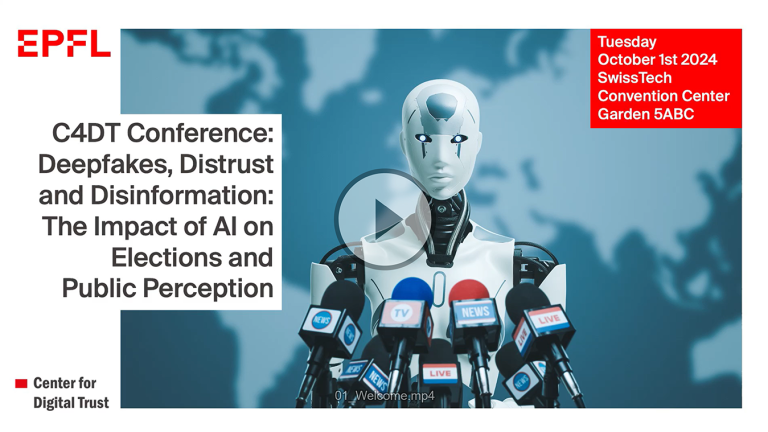
C4DT Conference: Deepfakes, Distrust and Disinformation: The Impact of AI on Elections and Public Perception
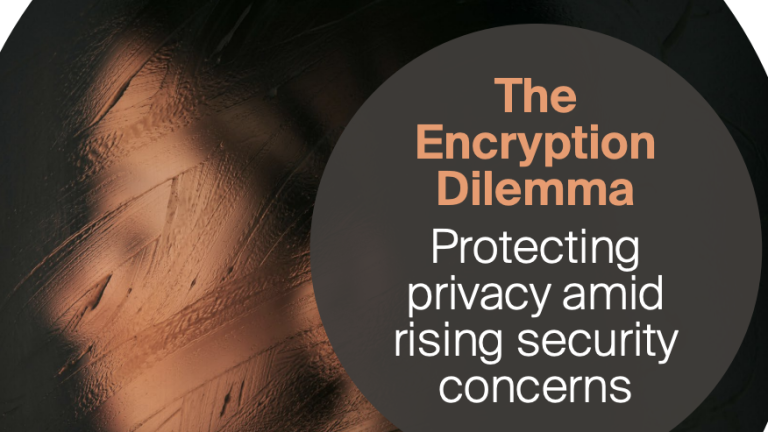
C4DT FOCUS 7 The Encryption Dilemma

Testing TLS in local development
TLS or Transport Layer Security is the cryptographic protocol that allows your internet connected devices to contact any website or any API or cloud service securely (over HTTPs). It adds privacy to your connection, by encrypting the transferred data, and more importantly helps your computer make sure that it’s talking…

Book Review: Your Face Belongs to Us: A Secretive Startup’s Quest To End Privacy As We Know It (2023)
Investigative journalist Kashmir Hill traces the rise and consequences of facial-recognition company Clearview AI on the future of privacy.
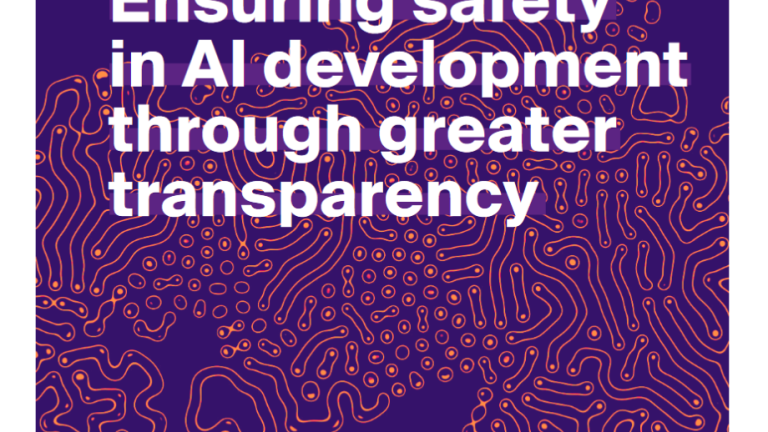
Observer 13 Ensuring Safety in AI Development through Greater Transparency

Pitfalls in Fine-Tuning LLMs
On the 19th of June 2024 the C4DT Factory organized a hands-on workshop to show what can go wrong when Large Language Models (LLMs) are fine-tuned. It was a pleasure working with our partners from armasuisse, FOITT (BIT), ELCA, ICRC, Kudelski Security, SICPA, Swiss Post, and Swissquote. LLMs take the…

Empowering Digital Identities: The SSI Protocol Landscape
In this fourth part of the blog series “Swiss e-ID journey”, we give an overview of the Self-Sovereign Identity (SSI) [10] landscape in CH, EU, and beyond. This allows the reader to put the current effort of the e-ID in context with international efforts in references and implementations regarding e-ID…